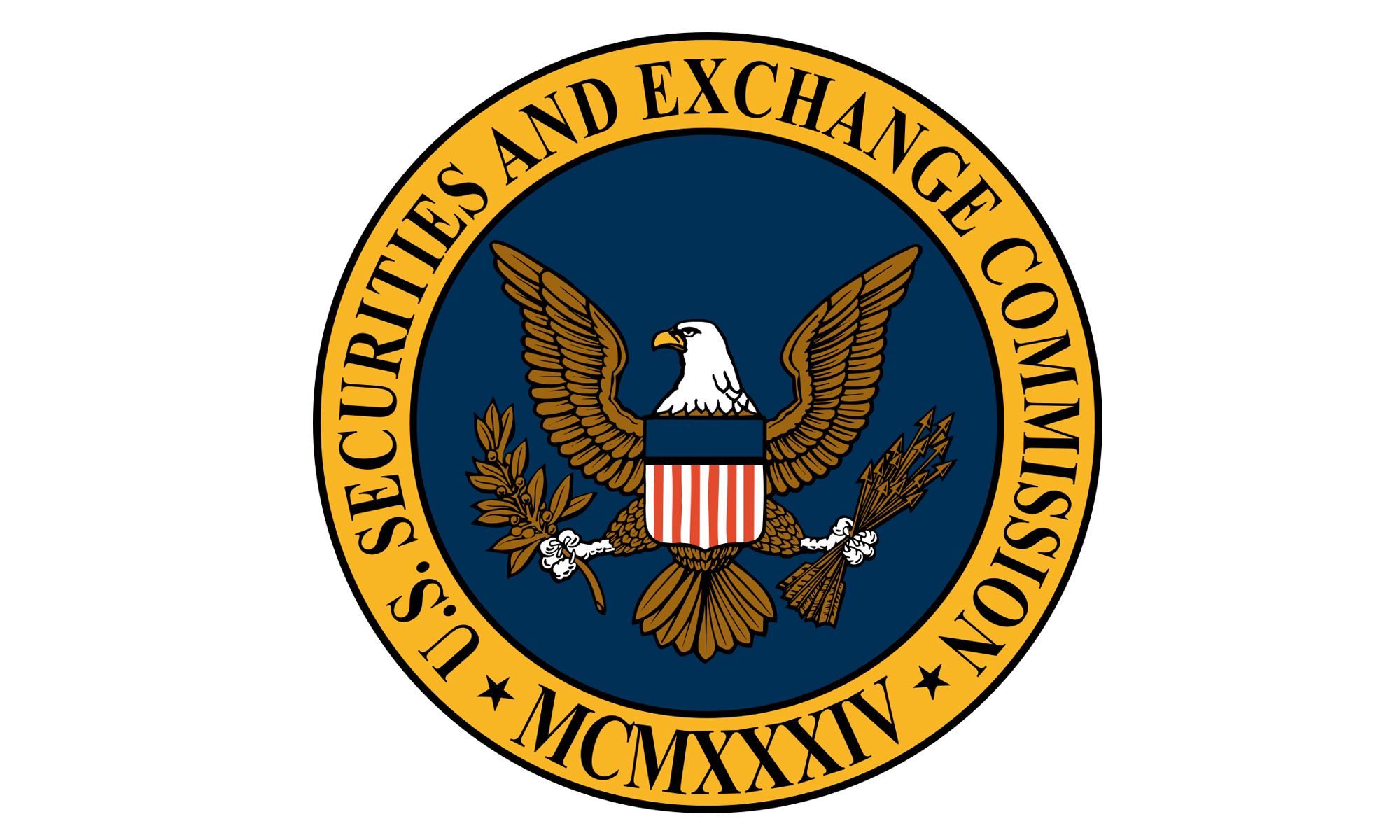The Security and Exchange Commission (SEC) : What is it, what does it do, and why should investors be grateful it exists? Chances are most investors have just a superficial understanding of this important government agency, But anyone working with a l #financailadvisor needs to know the answers to the questions. Lyle Sussman and I are happy to share a primer on the SEC taken from #yourtotalWealth. Your taxes are paying for SEC. All citizens, whether they invest in markets or not should know what those taxes support.
The U.S. Securities and Exchange Commission (SEC) was created in 1934 during the Great Depression. Its missions were, and still are, “to protect investors, maintain fair, orderly and efficient markets, and facilitate capital formation.”
The SEC requires publicly traded companies to provide accurate information about themselves, and to fairly release that information so that all investors can receive it at the same time.
It regulates securities markets and exchanges such as the NYSE and NASDAQ, securities firms, brokers, investment advisors, bond (credit) ratings agencies, mutual funds and ETFs.
All new rules and rule changes undergo a “benefit-cost” analysis; if a new rule protects you as an investor (a benefit), it will likely create a burden on companies, exchanges or financial advisors (a cost).
Working with the Financial Accounting Standards Board (FASB) and the Public Company Accounting Oversight Board (PCAOB), the SEC enforces securities laws. It oversees accountants and auditors. It also works with similar international agencies and state regulators.
Typical cases that require the SEC to investigate include misleading or omitted information about a security, market manipulation, theft of securities or money, improper treatment of investors by brokers, securities firms and/or financial advisors, fraud and insider trading.
THE LESSON
You may be dealing with a financial advisor, an accountant or a broker. All of those agents are regulated by the SEC, and you should be glad they are. You may buy stocks, bonds, mutual funds and ETFs. All of these securities are monitored by the SEC. You are being protected in an arena where financial transactions necessarily require oversight and regulation. You are a taxpayer; the SEC is on your payroll. If you want confirmation of where your dollars are being spent, go to their website, sec.gov. Click on the EDUCATION tab.

